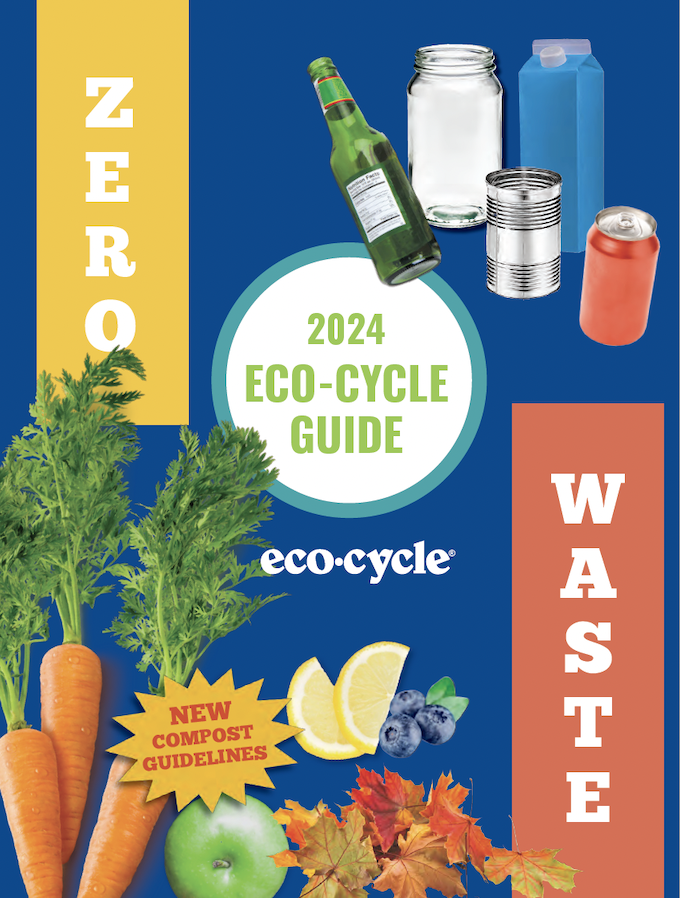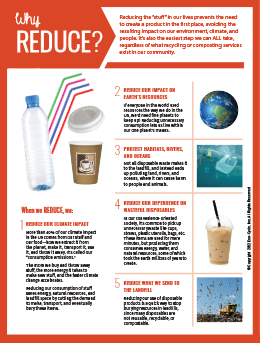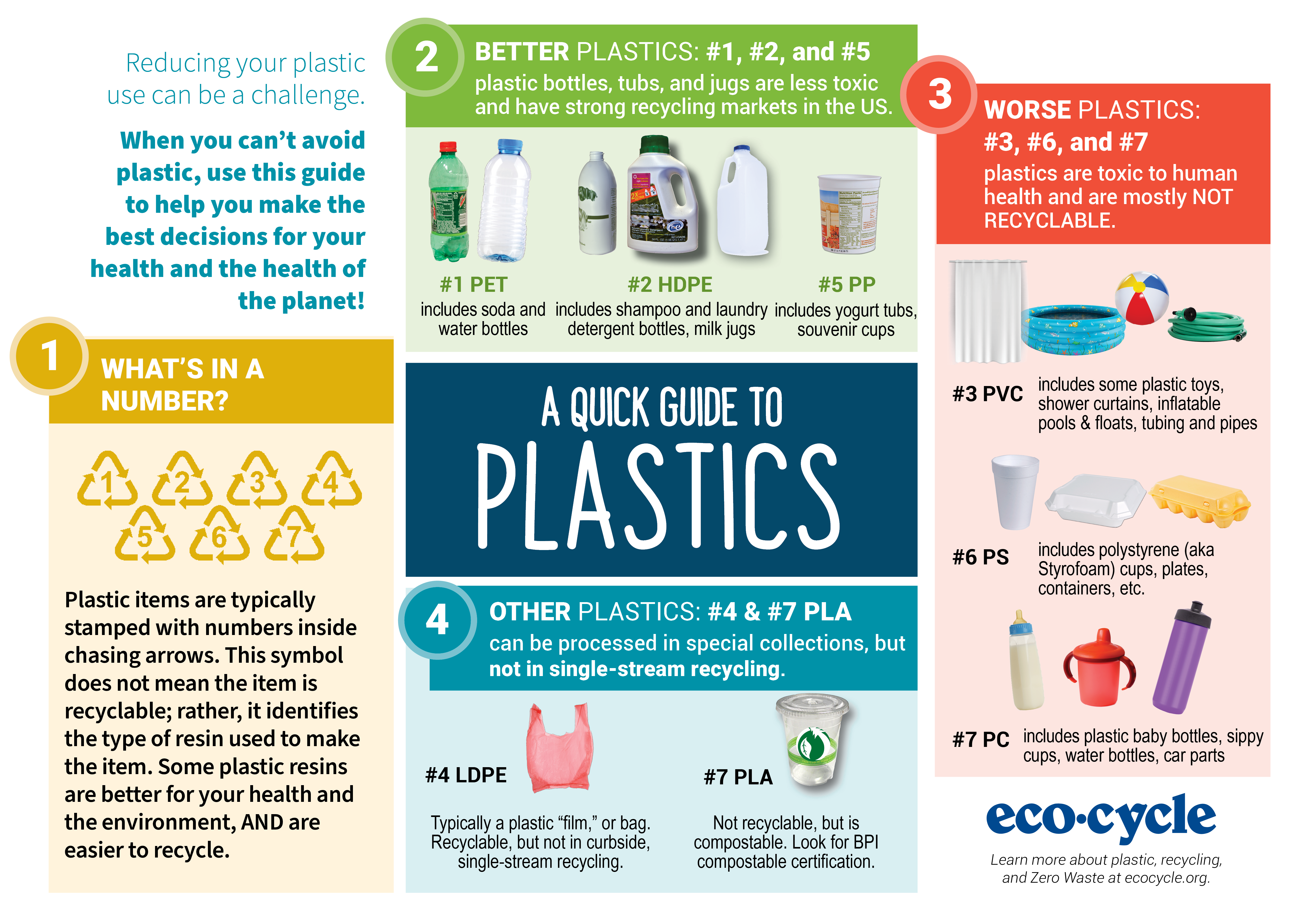The True Cost of Junk Mail
It’s a common scenario: You check your mailbox each day for important correspondence only to find credit card offers, flyers, and coupon books you never asked for and don’t want. This unwanted mail comes at a cost to you by wasting your time and creating clutter.
Junk mail may be annoying, but it’s more than just that—it has real impacts on the environment and climate. Did you know it takes 100 million trees to make junk mail each year? These trees are critical in combating climate change by absorbing carbon from the Earth’s atmosphere. In addition, forests around the world, like the boreal forest in Canada, have been home to indigenous peoples for millennia, but in recent history, deforestation linked to paper production has displaced these tribes, causing them to lose the land they depend on for food, culture, and spiritual needs.
Six Steps to Getting Off Mailing Lists and STOPPING Junk Mail
Step 1: Stop the Flow
Go to the source of the flood of mailings and turn off the faucet! Remove your name (and all variations of your name) from mailing lists at dmachoice.org. It can take up to 90 days for the flow to stop since many mailings are already in print or production.
Please note: The price for the opt-out service, which will last 10 years, is $4.
Step 2: No More Credit Card Solicitations
If you’ve ever filled out a product warranty card, purchased a new home or vehicle, supplied your credit information to a lending institution, or simply carried a credit card, you can be sure your name and address are being circulated among an array of credit card companies hungry for your business.
Don’t despair—there is help. To eliminate credit card promotional mailings, call 1-888-567-8688 (that’s 888-5OPTOUT) or visit optoutprescreen.com. You will have the opportunity to choose either a five-year removal or a permanent removal. For your personal credit cards, ask the company to place you on their “in-house” list that is not sold or traded to other companies.
Step 3: Put the Kibosh on Unwanted Phone Books and Catalogs
While widespread and unsolicited distribution of phone books is mostly a thing of the past, if you still receive a phone book or directory and want to opt out, click below.
For catalogs, once you’ve received a catalog in the mail that you don’t want, call the company directly to opt out. Oftentimes they’re happy to take you off the list and send you an online version instead because it helps them save money by printing and sending fewer catalogs.
Step 4: Reduce Charity Mailings
If you contribute to a charitable organization, ask them to send you only one donation request per year or send only online communications.
Step 5: Stop Junk Promo Products
Have you had it with companies sending mini promotional products in the mail? There is a simple option to stop these unwanted items!
First, look for any of these phrases on the envelope:
- RETURN SERVICE REQUESTED
- FORWARDING SERVICE REQUESTED
- ADDRESS SERVICE REQUESTED
- CHANGE SERVICE REQUESTED
If any of these phrases are present, simply write “REFUSED, RETURN TO SENDER” on the unopened envelope and pop it back in the mailbox for your mail carrier to send back.
Mail sent to “Resident,” “Current Resident,” or “Current Occupant” CAN be refused if it contains one of the above endorsements, or if it is sent in First Class Mail.
Step 6: Remove Yourself from Direct Marketer Lists
Contact these companies to remove your personal information from direct marketing mailing lists.
Catalog Choice
catalogchoice.org
Catalog Choice contacts various direct marketing organizations on your behalf to get your information removed.
Valpak
1-727-399-3000
valpak.com
Be sure to fill in your information exactly as it is printed on the Valpak mailing label. If you like coupons but don’t want to receive all that mail, go to valpak.com to choose and print coupons by geographical location.
Valassis Direct Mail, Inc.
1-800-437-0479
retailmenot.com
This service allows you to unsubscribe from Valassis’s Save Mailer.
Take Action
You can take action against unnecessary, wasteful junk mail by emailing the USPS Postmaster General’s office in Washington. Let them know you don’t want to be forced to receive unsolicited mail, and that you would prefer to choose what mail you do and don’t receive.
- Email the Postmaster General directly at [email protected].



























